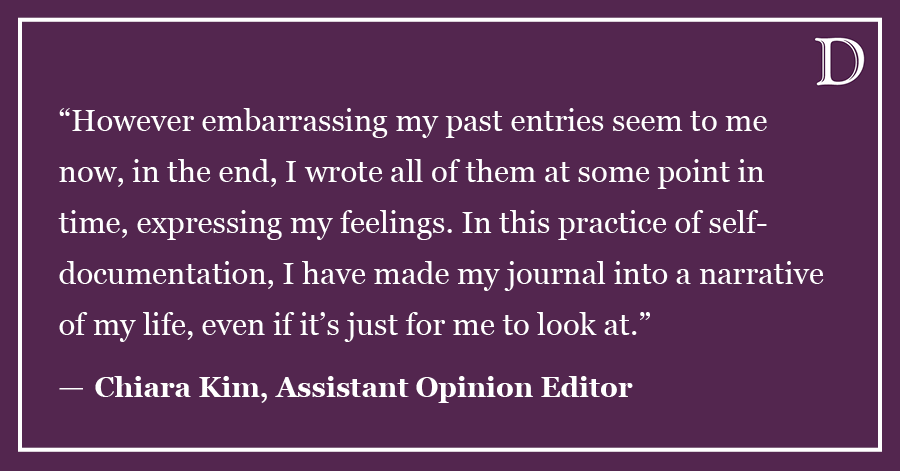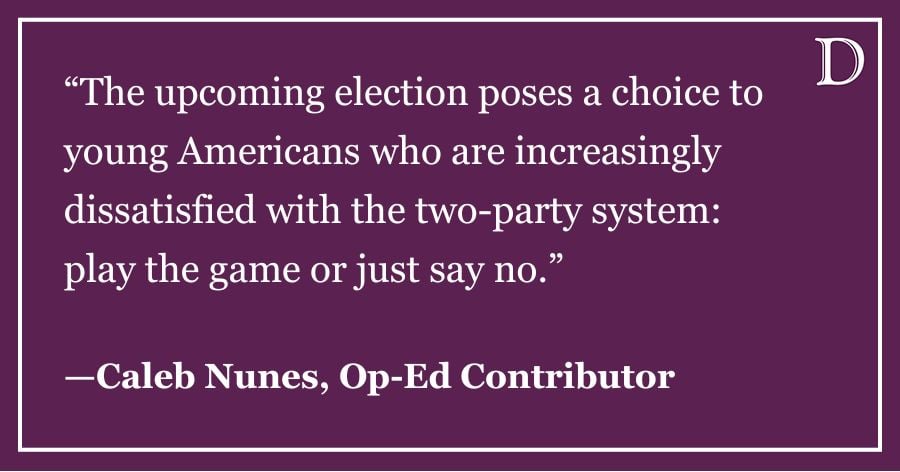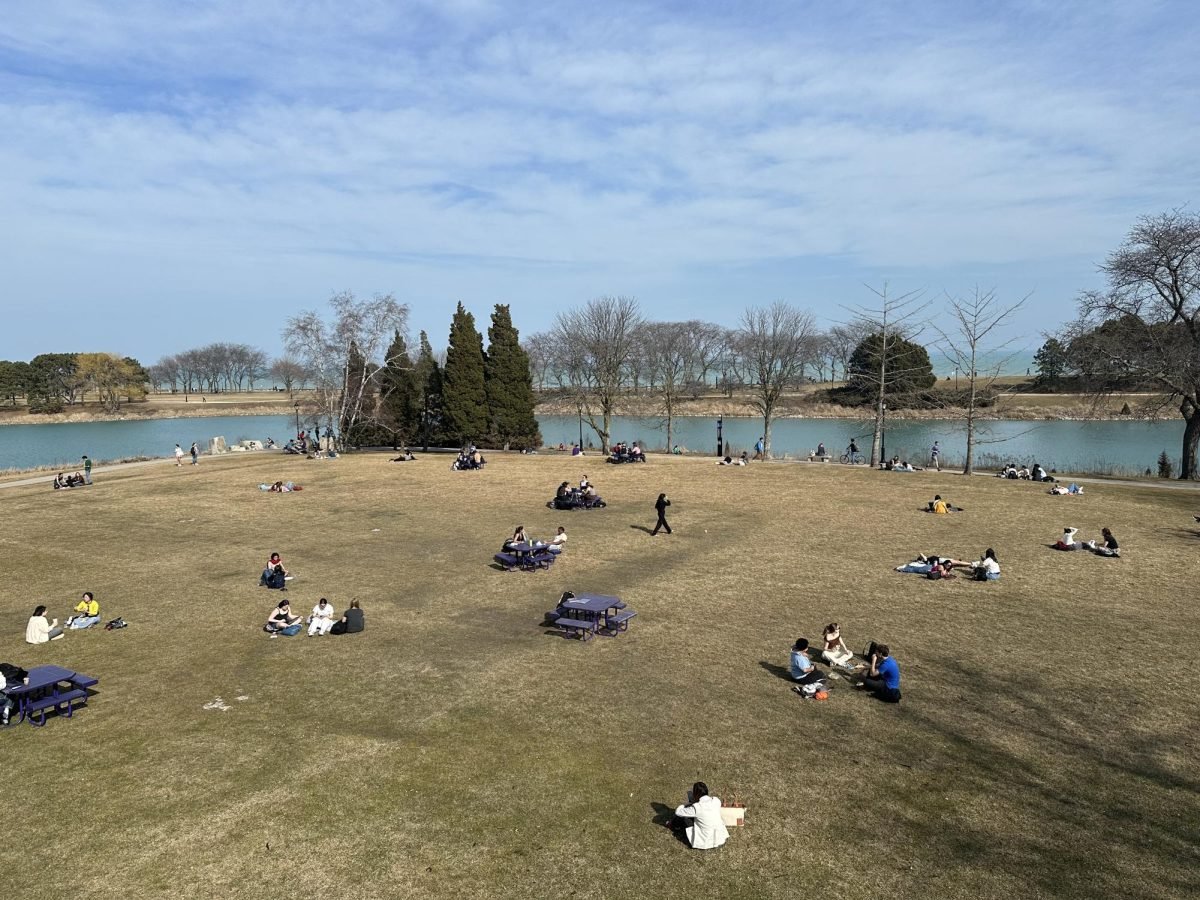Since last spring, an Associated Student Government working group has been studying Northwestern’s policies toward alcohol consumption, spurred in part by the 2008 alcohol poisoning death of SESP freshman Matthew Sunshine. This month, the working group reported its findings to ASG, and they contain some thoughtful, interesting ideas. These ideas would have an even greater impact, though, if Northwestern were to face the obvious realities of its culture and seriously consider ending the University’s status as an officially dry campus. Doing so would allow the school to confront underage drinking with a more level-headed, in-touch mindset, and could help students to make more informed choices about alcohol in their own lives.
The most promising proposal to come out of the recent ASG report is the creation of a third-party group that would be in charge of risk management at parties but would not report its activities to the school administration, removing the threat of legal action or punishment. Cases where students end up over-served and in need of medical attention can be surprisingly common, especially among new freshmen who are discovering the freedoms of college for the first time.
Though this idea may initially sound like the alcohol version of “21 Jump Street,” the point of this program is not law enforcement or laying down the hammer of justice against minors who indulge in a little drinking but is instead focused on student health and making sure that students enjoy themselves without getting too rowdy or dangerous. Similar versions have been enacted at schools such as Dartmouth College, and the results have been encouraging, with no incidents of student hospitalization reported since this safety net of a student risk-management group has been established.
Focusing on making sure that those who engage in underage drinking are safe — and not punished — would go a long way toward removing many students’ fear of punishment when reporting incidents of alcohol overdoses. The school currently takes into account the actions of a student who acts responsibly in seeking medical help for an over-served friend when deciding on disciplinary action, but this policy could be clarified and taken further so the students of Northwestern do not neglect to seek medical help out of fear of the blemish on their record that would come with an alcohol infraction.
The ultimate problem with Northwestern’s policy toward alcohol consumption, though, is its archaic insistence on our campus being dry. If there are officials on this campus who actually believe that it is dry, then they should find a new school or a new line of work, because such an opinion simply defies reality. This school may not be a 24/7 rager, but it does have a very active social life, and, yes, alcohol is a large part of that social life. I will withhold my opinion as to whether or not this is a negative component of our school, but the reality is that it is a component and therefore must be treated with maturity and nuance. I recognize that our nation’s drinking age of 21 (a law with which I disagree, but that is another story for another day) means that most Northwestern students fall into the “minor” category, making most on- and off-campus drinking illegal, but this drinking has always been and will always be a factor of college life, and pretending that our campus is dry because we say so is not going to solve anything.
I am not suggesting that Northwestern throw the gates open and turn a blind eye as students drink themselves silly or abstain from any punishments for violations of the alcohol policy. I recognize that social activities like drinking do need some guidelines to keep from getting out of hand or being destructive to some students. But, much like abstinence-only sex education merely leaves students curious but uninformed about responsible sexual activity, labeling ourselves a “dry” campus creates an overly harsh atmosphere where drinking becomes an alluring, unknown activity, a sign that one is officially “grown up” and in college.
A far better policy would be to acknowledge and accept the realities of underage drinking and to shift focus from punitive action against these underage drinkers and toward a safety net to make sure that none of them let things get out of control or dangerous. The ASG study group is on the right path. I hope that it will continue down this path and ultimately conclude that it is time for Northwestern to leave its dry days behind.
Ryan Kearney is a Communication sophomore. He can be reached at [email protected]. If you would like to respond publicly to this column, email a Letter to the Editor to [email protected].














